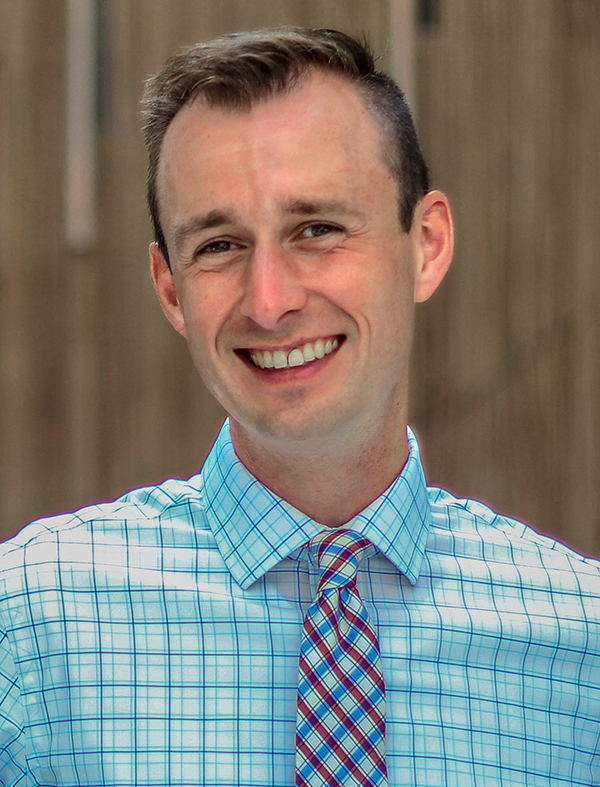In a recent decision, the Centers for Disease Control and Prevention (CDC) abruptly eliminated $200,000 in annual HIV prevention funding to AVOL Kentucky, a trusted, community-based nonprofit that has served Kentuckians for more than 30 years.
This decision wasn’t based on poor performance. Quite the opposite, AVOL Kentucky exceeded every benchmark and was preparing to expand outreach in the region. But in a sweeping national overhaul of HIV prevention funding, the CDC chose to bypass local and statewide community organizations like ours.
For context, AVOL’s persistence over the past three-plus decades melted the willful ignorance of the problem on the part of federal actors. AVOL Kentucky began to receive funding to provide direct HIV prevention outreach, and ever since we have been a critical part of the federal and state government’s approach to stopping the spread of HIV. What began as a smattering of Lexingtonians trying to help their neighbors grew to an organization that serves all 120 Kentucky counties.
Today we are at the most difficult last mile of prevention and health care delivery, without which the current successes in HIV management would not be possible. To be clear, this wasn’t a budget cut. The funding is still there, just no longer supporting AVOL or similar service providers. As a result, Kentuckians will pay the price. More Kentuckians will get HIV, and our state will become less healthy. The CDC’s decision to bypass trusted, grassroots organizations in favor of institutions that often lack presence in the communities most in need is a step backward. It creates a cascade of consequences: delayed testing, fewer prevention tools, disrupted care, and the dismantling of years of trust built by local educators and advocates.
At AVOL Kentucky, where I serve as Board President, we assist all 120 counties across the Commonwealth, many of which are rural and underserved parts of our state. Our staff and volunteers conduct more than 1,500 HIV tests annually and distribute thousands of condoms, educational materials, and prevention resources. We connect individuals to affirming providers, help navigate testing and treatment and often serve as the first point of contact for those who are uninsured or unsure where else to turn. In many communities, we’re not just a resource, we’re the only resource.
These services matter. Kentucky has some of the highest rates of HIV and hepatitis C in the country. Without consistent prevention efforts, and without trusted local providers offering these services without judgment, infection rates will rise, public health systems will become strained, and individuals who are already vulnerable will become even more isolated.
Often those who walk into our doors do not have health insurance, so our free-services are the only way they can readily get sexual health testing and information.
Our specialists work with those clients to explore their options to get covered. The CDC’s decision ignores the unique realities of rural states like ours.
Transportation, broadband access, and stigma already create significant barriers to care. Replacing a responsive, community-rooted organization with a research institution, however well-intentioned, doesn’t address those barriers. In many cases, it makes them worse. The secondary effect of regular, judgment-free access to sexual health care through AVOL Kentucky is increased, overall good health.
Studies show that gaining access to HIV testing leads to increased testing for other sexually transmitted infections and more immediate treatment. It leads to increased condom use, and it reduces psychological strain from HIV-related anxiety.
These improvements translate into fewer emergency room visits, lower long-term health care costs, and longer, healthier lives.
Roy Harrison in board president of AVOL Kentucky, a statewide nonprofit that provides HIV prevention and care services.






